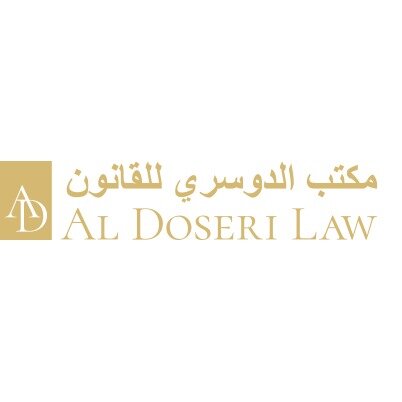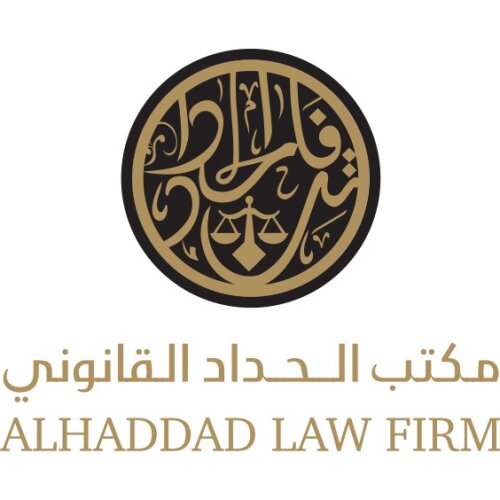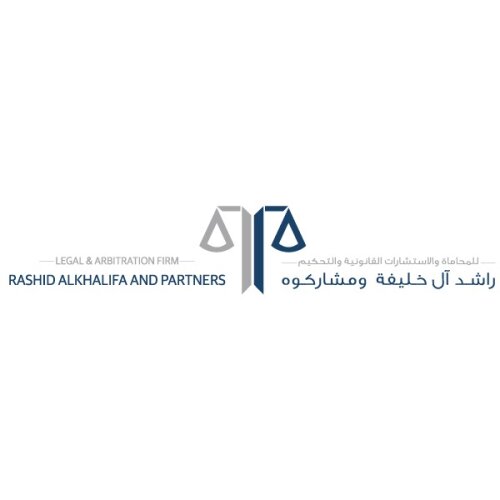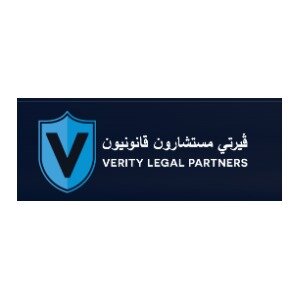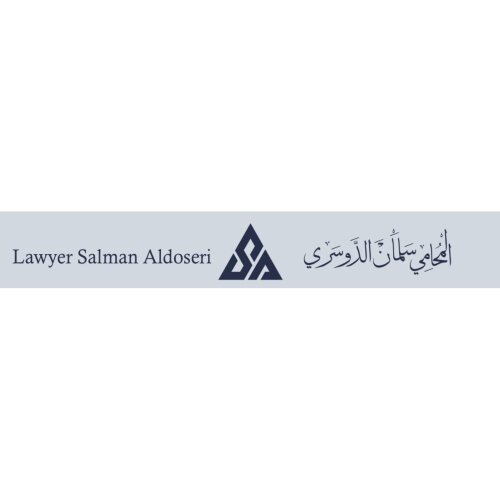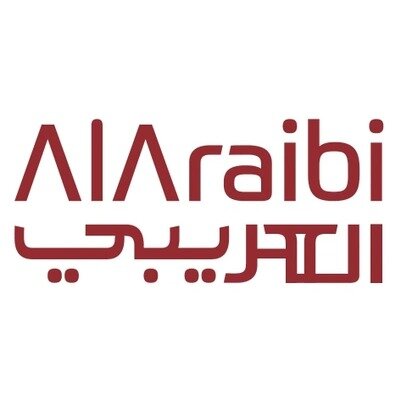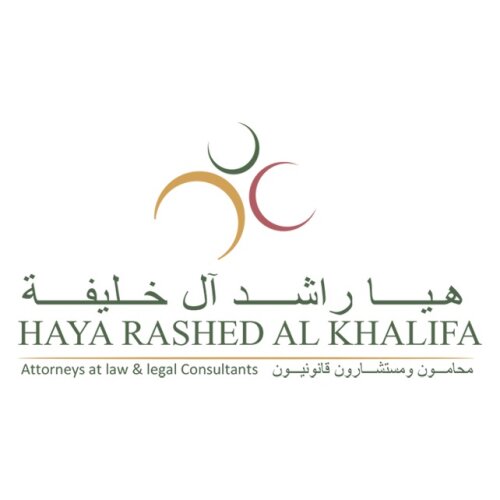Best Energy Regulatory Law Lawyers in Bahrain
Share your needs with us, get contacted by law firms.
Free. Takes 2 min.
Or refine your search by selecting a city:
List of the best lawyers in Bahrain
About Energy Regulatory Law in Bahrain
Energy Regulatory Law in Bahrain covers the legal framework that governs the production, transmission, distribution, and consumption of energy resources. This includes oil and gas, electricity, and renewable energy. The law sets the standards for how energy is managed, sets prices, ensures fair competition, and protects both consumers and the environment. The aim is to facilitate a secure, sustainable, and economically viable energy sector. Bahrain’s government has made strategic plans to encourage renewable energy and diversify its energy mix, leading to a growing emphasis on regulations that promote clean energy and energy efficiency.
Why You May Need a Lawyer
Legal matters in the energy sector can be complex and often require specialized knowledge of local laws and regulations. Here are common scenarios where seeking the advice of an energy regulatory lawyer in Bahrain can be essential:
- Starting or operating an energy business and requiring permission or licensing from authorities.
- Negotiating contracts for the supply, purchase, or sale of energy or related infrastructure.
- Ensuring compliance with renewable energy targets and environmental standards.
- Handling disputes over tariffs, service delivery, or regulatory compliance with government bodies or private parties.
- Responding to new government policies or regulatory changes that could impact your energy-related operations.
- Addressing issues related to cross-border energy transactions or foreign investment restrictions.
Local Laws Overview
Bahrain operates under a well-defined legal structure for energy regulation, which covers the rights and obligations of all stakeholders in the energy sector. The key laws and regulations include:
- Electricity and Water Authority Law - This law establishes the regulatory body responsible for overseeing electricity and water sectors, setting performance standards and tariff mechanisms.
- National Oil and Gas Authority (NOGA) - Governs the exploration, production, and sale of oil and gas resources with licensing requirements for operators.
- Renewable Energy Initiatives - Since 2018, specific regulations have promoted the adoption of solar and wind energy, including incentives for private investment and net metering provisions.
- Environmental Regulations - These laws ensure that energy operations meet local and international environmental standards, with strict penalties for non-compliance.
- Foreign Investment and Commercial Laws - Affecting how international companies can participate in Bahrain’s energy sector, including ownership rules and partnership requirements.
Energy projects often require legal navigation of the licensing, permitting, health and safety, land use, and dispute resolution processes. The laws are designed to ensure transparency, promote competition, and safeguard both national interests and consumer rights.
Frequently Asked Questions
What is the main government body regulating energy in Bahrain?
The Electricity and Water Authority (EWA) is the primary regulatory authority, responsible for setting standards and overseeing the energy sector. The National Oil and Gas Authority (NOGA) supervises oil and gas resources.
Is foreign investment allowed in Bahrain’s energy sector?
Yes, Bahrain encourages foreign direct investment in the energy sector, but there may be restrictions or additional licensing requirements that can vary depending on the specific area of energy.
What approvals are needed to set up an energy company in Bahrain?
You need to obtain several approvals, including a commercial license, sector-specific permits, and, for certain activities, clearance from NOGA or EWA. Environmental impact assessments may also be required.
What are Bahrain’s policies on renewable energy?
Bahrain has set targets to increase the share of renewable energy, particularly solar and wind, in its energy mix by 2035. There are incentives for solar projects and net metering options are available for private producers.
How are energy tariffs determined?
Tariffs are regulated by the EWA, based on government policy, production costs, and social considerations. Changes in tariffs must follow legal procedures and are subject to public consultation.
Are there penalties for non-compliance with regulatory standards?
Yes, failure to comply with regulatory standards, including licensing, safety, and environmental requirements, can result in warnings, penalties, suspension of operations, or legal prosecution.
How are disputes in the energy sector resolved?
Disputes can be addressed through administrative reviews, mediation, or court proceedings. For contractual disputes, arbitration clauses are common in energy-related agreements.
Do energy laws in Bahrain cover offshore oil and gas?
Yes, offshore exploration and production are regulated under the NOGA, with specific licensing requirements and environmental safeguards that must be observed.
What is the process for obtaining environmental clearance for energy projects?
Energy companies must conduct environmental impact assessments and submit them to the relevant authority. The process often includes public consultation and periodic audits.
Is net metering available for households or businesses installing solar panels?
Yes, net metering is available for eligible customers, allowing them to receive credits for excess energy produced, which can offset their future utility bills.
Additional Resources
If you need more information or direct assistance, the following resources can be helpful:
- Electricity and Water Authority (EWA) - For regulations and licensing in the electricity and water sectors.
- National Oil and Gas Authority (NOGA) - For matters related to oil and gas operations, policy, and investments.
- Supreme Council for Environment - For environmental laws, approvals, and compliance monitoring.
- Bahrain Chamber of Commerce and Industry - For guidance on investment procedures and business licensing.
- Ministry of Industry and Commerce - For company registration and regulatory compliance related to commercial activities.
Next Steps
If you believe you need legal assistance in the field of Energy Regulatory Law in Bahrain, here are the steps you should consider:
- Identify your specific legal issue or concern, such as licensing, regulatory compliance, contracting, or dispute resolution.
- Gather all relevant documents, including contracts, licenses, permits, and any correspondence with regulatory authorities.
- Consult with a specialized energy regulatory lawyer who understands Bahrain’s legal framework and industry practices.
- Ask the lawyer to explain your rights, obligations, and the available options for resolving your situation.
- Develop a plan of action together with your lawyer, whether it involves negotiation, regulatory filings, or litigation.
- Follow your lawyer’s advice on keeping records and ensuring ongoing compliance to avoid future issues.
Taking these steps early can help you avoid costly mistakes and ensure your interests are protected in Bahrain’s dynamic energy sector.
Lawzana helps you find the best lawyers and law firms in Bahrain through a curated and pre-screened list of qualified legal professionals. Our platform offers rankings and detailed profiles of attorneys and law firms, allowing you to compare based on practice areas, including Energy Regulatory Law, experience, and client feedback.
Each profile includes a description of the firm's areas of practice, client reviews, team members and partners, year of establishment, spoken languages, office locations, contact information, social media presence, and any published articles or resources. Most firms on our platform speak English and are experienced in both local and international legal matters.
Get a quote from top-rated law firms in Bahrain — quickly, securely, and without unnecessary hassle.
Disclaimer:
The information provided on this page is for general informational purposes only and does not constitute legal advice. While we strive to ensure the accuracy and relevance of the content, legal information may change over time, and interpretations of the law can vary. You should always consult with a qualified legal professional for advice specific to your situation.
We disclaim all liability for actions taken or not taken based on the content of this page. If you believe any information is incorrect or outdated, please contact us, and we will review and update it where appropriate.
Browse energy regulatory law law firms by city in Bahrain
Refine your search by selecting a city.




